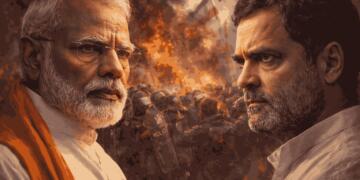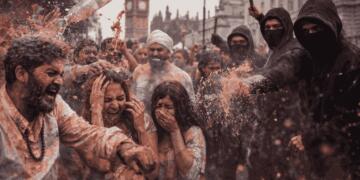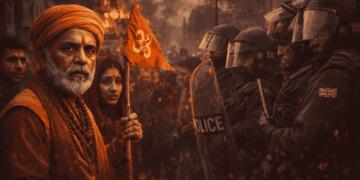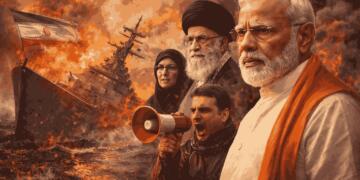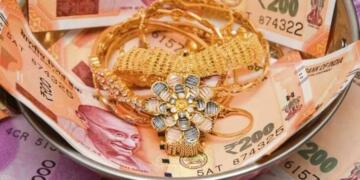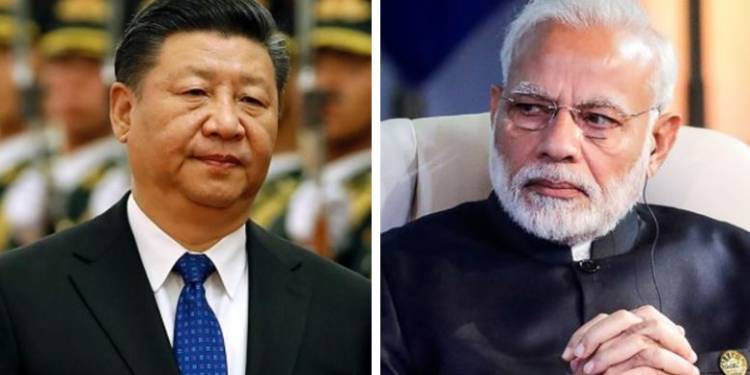It is well-established that the ongoing military stand-off and border skirmishes between India and China is a pre-meditated and planned Chinese misadventure. Amongst many other reasons, the stand-off seems to have been initiated by the Chinese President Xi Jinping due to a personality clash with Prime Minister Narendra Modi.
Prime Minister Modi is easily the tallest leader in the world today- he is an unparalleled Statesman who commands the respect of 135 crore people. No other leader in the world can boast of such popularity. Meanwhile, Xi Jinping’s popularity is dipping, both inside and outside China.
PM Modi is popular outside India too, including in China. In 2018, Professor Wang Dong, a Peking University academician, had said, “According to me, PM Modi is not a secret superstar. He is a superstar. He is one of the strongest and most effective of leaders from India for decades, in many years. Certainly, he has a reform-oriented approach, and he is quite pro-business.”
He was replying to a question on news show called ‘Dialogue with Yang Rui’ on Chinese State media channel- the China Global Television Network (CGTN).
Prime Minister Modi is seen as a ‘superstar’- a strong leader within China as well, and PM Modi had already proved it during the Doklam stand-off in 2017. The Indian Army had stood its ground against the People’s Liberation Army at the Doklam Plateau. Ultimately, the Chinese had to return with a bloody nose.
This had seriously dented Xi Jinping’s image and ambitions of dominating the world and India. By repelling the Chinese in Doklam, New Delhi’s message was loud and clear- India is an equal stakeholder in the ‘Asian Century’ and Beijing cannot carve out a dominant role for itself and the exclusion of India.
This was the same time when Xi Jinping was aggressively pushing his flagship initiative- the Belt and Road Initiative (BRI), but an assertive India played spoilsport.
Prime Minister Modi is definitely seen as a stronger leader within China for even though Chinese people do not experience freedoms and democracy, they do understand how things are in India and how Prime Minister Modi has managed to win popular support in a country dominated by multiplicity of political parties.
People of China do have an affinity for strong and formidable leaders, which is why they are impressed by Prime Minister Modi’s intoxicating persona. At the same time, Xi Jinping is losing political capital despite all the harsh steps he has taken.
Xi Jinping’s tenure has seen China return to regressive ways- the narrative started shifting from the ‘Made in China’ brand and economic growth to cult-building. It was clear that Xi Jinping wanted to take China back to the days of Mao Zedong when in 2017 the CCP Central Committee decided to make Xi Jinping’s policies dubbed “Xi Jinping Thought”, a part of the Party’s Constitution.
A year later, he carried changes to the constitution, ending the Presidential two-term limits to become a ‘leader for life’, like Mao Zedong.
All this while, the Chinese State media has been trying to craft the myth of a strong country led by a decisive leader. Jinping has also made purges within the party- Sun Zhengcai, one of the most popular politicians in China tipped to be Jinping’s successor was handed a life sentence in 2018. Jinping does not want any rivals within the party.
Yet cracks have appeared in Jinping’s hold over the Communist Party of China (CCP) in view of the catastrophic handling of the COVID-19 Pandemic.
Xu Zhiyong, a Chinese civil rights activist and a former lecturer at the Beijing University of Post and Telecommunications, wrote an open letter to the Chinese President and truly encapsulated Xi Jinping’s dilemmas, or if we put it more precisely- weaknesses.
Zhiyong says, “You’re no politician. You’re far inferior to Deng Xiaoping. You have proved that you lack the most rudimentary competences. Yet you remain perversely unaware of your limitations; you actually think you are more formidable than Deng ever was and you have the hubris to presume that you are on par with Mao Zedong.”
In terms of popularity in China, Xi Jinping doesn’t match the biggest of Chinese leaders- Deng Xiaoping, the man behind China’s economic reforms, and Mao Zedong, the founding father of the People’s Republic of China.
Neither does Xi Jinping fare among the most popular world leaders today, which is why Zhiyong says, “You (Jinping) are not Putin, or Modi, and you’re certainly not Trump. You flirt with Cultural Revolution fanaticism, but you are no true-believing Leftist; you lurch towards bellicose nationalism, but you’re no hawk, either. You’re a big nothing.”
In such circumstances, we do not wonder that Xi Jinping is getting Prime Minister Modi’s website and remarks about the border skirmishes censored in China. Prime Minister Modi, leader of the largest democracy in the world, is the biggest threat to Xi Jinping’s uninspiring persona, and this is why the Chinese President personally feels threatened by PM Modi.


